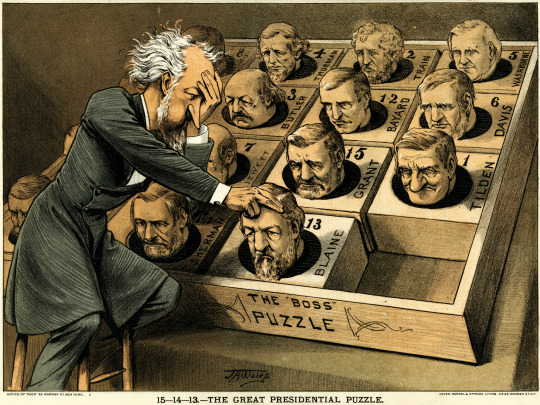
By Rick Moody
This is my third presidential election of keeping a close watch on Republican candidates throughout the primary and general elections seasons. (Excerpts from the first two diaries were published in Black Clock magazine in 2009 and 2013.) I started writing this diary on the day that Ted Cruz declared in 2015, though I found myself oddly mute during the summer of Trump. Those months were accurate demonstrations of Tom Wolfe’s oft-repeated observation that reality is crazier than anything a novelist could invent. However, now that the primaries are underway, I’ve gotten my dudgeon back on, my pundit, and the following are some excerpts from the last few weeks.
January 31, 2016
Tomorrow is the big day, the beginning of the election cycle, 2016. I feel certain that we know who the victors are going to be, Trump and Clinton, but there are secondary and tertiary positions to be staked out with important ramifications. Meanwhile, I continue to want to try to find ways to attach language to the horror of Donald Trump, so that his rampage of self-aggrandizement does not become emotionally or culturally routine in the coming months.
It seemed to me in this regard that it might be worth making a few remarks on the idea of “political correctness,” which has proved to be such a reliable talking point for Trump in the last few months. “Political correctness,” as I understood the term, in the early eighties, on the Brown University campus, which was a hotbed of Marxism, theory, and various other schismatic interests of the Left, was always an ironic usage. It was true then, as it was true going all the way back to May ’68 (always an historical touchstone at Brown!) that the splittist tendencies of the Left tended to erupt along the lines of supposed ideological purity. You couldn’t be a feminist and do _______________, you couldn’t be a Marxist and believe _______________, you couldn’t be an intellectual and __________________. There were always people who would support these extremes of ideological purity, but they were mostly clowns. No one was more suspicious to me and to my acquaintances than the Socialist Worker’s Party, with all their internecine battles, and their vacant and fierce college kids trying to recruit in various public locales. Here’s the Wikipedia page about the SWP in the 80s:
“A further factor in the growing divisions within the SWP was the move by Jack Barnes, Mary-Alice Waters and others in the leadership away from the Trotskyist label. In 1982, Barnes gave a speech which was later published as Their Trotsky and Ours: Communist continuity today in...
You have reached your article limit
Sign up for a digital subscription and continue reading all new issues, plus our entire archives, for just $1.50/month.
Already a subscriber? Sign in




